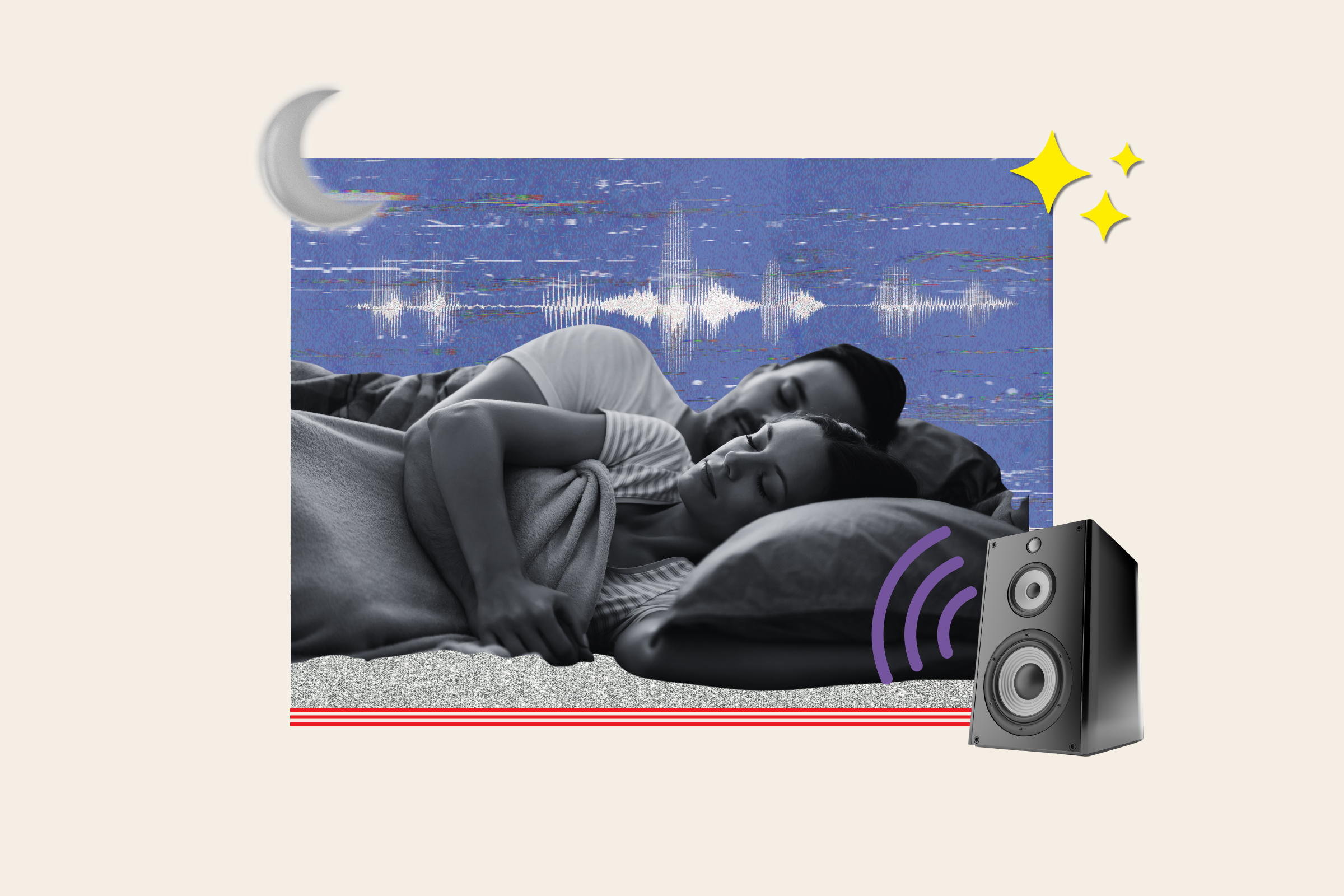The creator of the "suicide capsule" and right-to-die activist recently disputed strangulation claims made against his company.
Philip Nitschke, founder of the advocacy group Exit International, said Wednesday that while he was not physically present for the September 23 death of a U.S. woman using the "Sarco" capsule in a northern Switzerland forest, he witnessed the event through a live video feed.
Nitschke called claims that the first reported user of the device, a woman from the United States, may have been strangled instead of using the machine, "absurd."
Nitschke confirmed that the device functioned as intended during its first and only use.
The Allegations
The "Sarco," which Nitschke said cost $1 million to design and produce, is engineered for a user to activate by pressing a button. This releases nitrogen gas into the sealed chamber, causing the individual to lose consciousness and die from suffocation within minutes.
The 64-year-old woman, whose identity has not been disclosed, suffered from "compromised immune function" that left her vulnerable to chronic infections, according to Nitschke, a former medical doctor.
On October 26, the Swiss prosecutor suggested in court that the woman may have been strangled, according to a report in Volkskrant. The outlet also reported that one of its photographers, two lawyers and Willet were initially detained on suspicion of inciting and aiding suicide.

Florian Willet, leader of The Last Resort, a Swiss affiliate of Exit International, was present at the woman's death and was promptly taken into police custody. He remains detained as authorities investigate the circumstances surrounding the incident.
Authorities also detained several individuals, including a journalist from the Dutch newspaper Volkskrant. Prosecutors have since launched an investigation into potential incitement and complicity in the woman's death. Those initially taken into custody were later released.
Swiss Law
Under Swiss law, assisted suicide is permitted provided the individual ends their own life without "external assistance" and those involved do not act with "self-serving motives," according to official government guidelines.
Switzerland is one of the few countries where foreigners can legally travel to end their lives, with several organizations dedicated to providing assistance for those seeking to die.
Nitschke has consistently maintained that Exit International's Swiss legal team advised the capsule's use complies with Swiss law.
Nitschke's Response
In a phone interview with The Associated Press, Nitschke expressed urgency over Willet's situation, saying Exit International was "desperate" as Willet faces the possibility of remaining in custody for weeks or even months pending a potential trial.
Nitschke said prosecutors have requested an extension of Willet's detention, alleging "evidence of homicide." He firmly denied the claim.
"We've got to try and do something about the fact that Florian has been stuck in prison now for about 58 days," Nitschke said.
Nitschke said he had offered to travel to Switzerland to assist prosecutors by providing video footage and oxygen-level data from the capsule recorded at the time of the woman's death.
"We will provide everything we've got," he said.
"It is absurd because we've got film that the capsule wasn't opened," Nitschke said. "Everything happened exactly as we had predicted. The woman climbed into the Sarco alone, closed the lid without help and pressed the button that released the nitrogen herself. She lost consciousness and died after about six minutes."
Swiss authorities have seized the only operational Sarco device, though Nitschke confirmed that another is currently in production. He emphasized his desire for a "clear decision" from Swiss courts before resuming use of the capsule in the country.
If you have thoughts of suicide, confidential help is available for free at the National Suicide Prevention Lifeline. Call 1-800-273-8255. The line is available 24 hours every day.
This article includes reporting from The Associated Press.




















 English (US) ·
English (US) ·